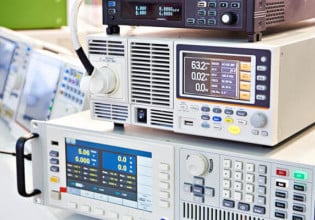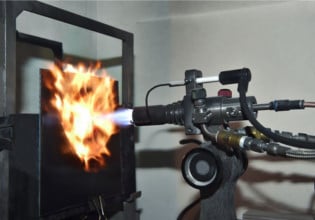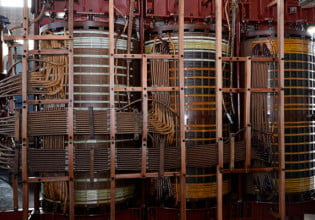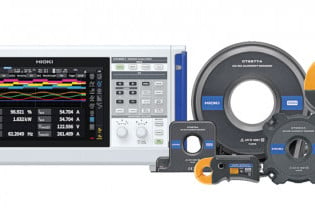Researchers at the Department of Chemical Engineering at the University of Michigan are developing ways that could produce fuel cells at a fraction of the current cost by using microfabrication rather than traditional manufacturing processes. Microfabrication is the creation of physical structures, devices or composite materials whose component parts are sized around 1 µm. Microelectronics power a huge range of consumer goods, from greeting cards to hand-held computers.
The research group is making proton-exchange membrane fuel cells, which are the leading candidate to replace batteries in hand-held electronics and vehicles, using modern electronics microfabrication processes. Instead of assembling the separate parts, the fuels cells are made by "growing" layers upon layers, the same way we currently make microelectronic devices.
"We arrived at a system that works and uses steps that are very similar to those used to make microelectronic devices," said Levi Thompson, U-M chemical engineering professor and leader of the research team working on the technology. "One could envisage being able to modify an existing semiconductor or microelectronics fabrication plant to produce fuel cells."
Using these lower-cost manufacturing methods, combined with less expensive materials, U-M scientists hope to reduce the cost of fuel cells from nearly $10,000 per kilowatt to less than $1,000 per kilowatt. At this lower cost, fuel cells would be competitive with lithium-ion batteries, the power supply for many portable electronic devices.






